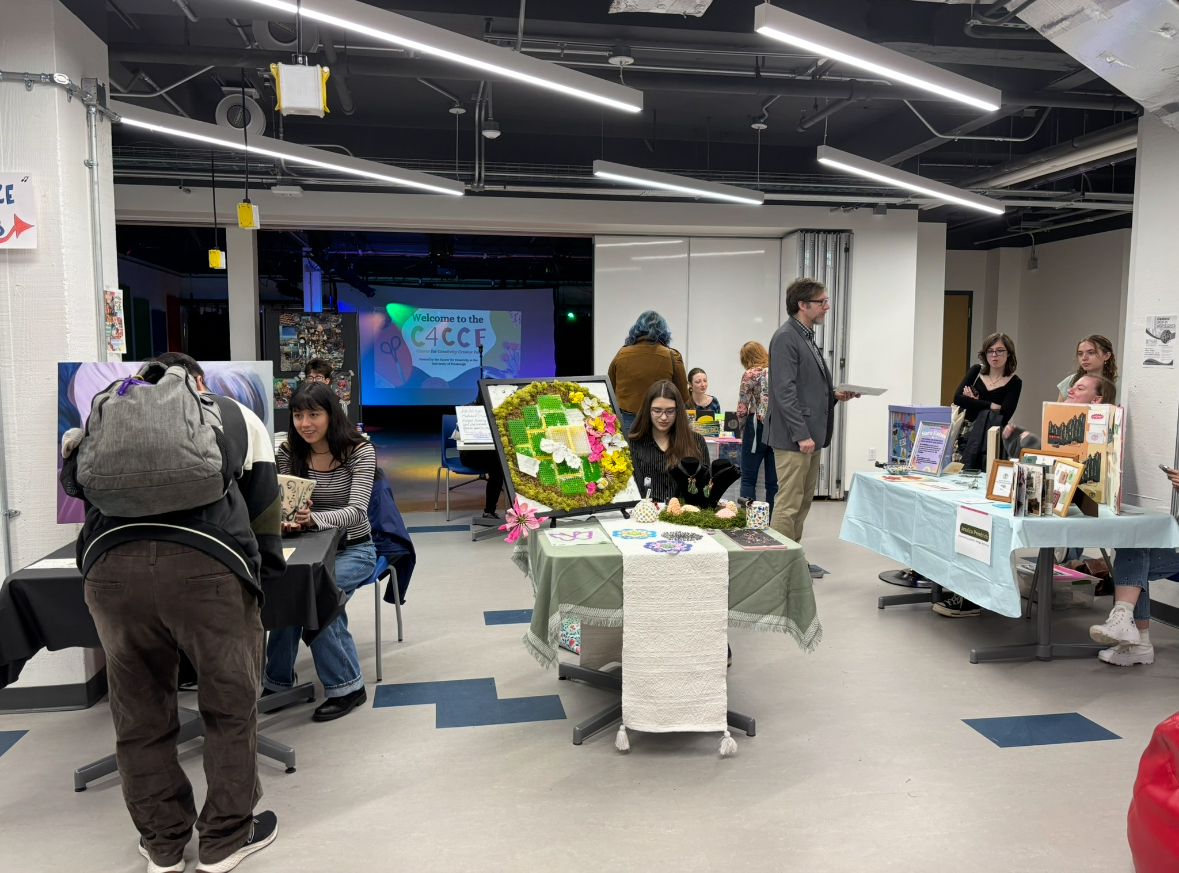After hours of debate, SGB votes not to raise the activities fee
December 3, 2003
After hours of debate, the outgoing Student Government Board voted against increasing the… After hours of debate, the outgoing Student Government Board voted against increasing the student activities fee by $20 each semester for full-time students.
Board members Stephanie Hadgkiss, Charis Jones, Scott Morley, Todd Brandon Morris, Peter Stopp and Lauren Williams all voted to reject Resolution 0017 Tuesday night.
Board members Jesse Horstmann and Brian Kelly, who introduced the resolution with President Liz Culliton and the chair and vice chair of the allocations committee, were the only two to vote to pass it. As president, Culliton would have voted only in the event of a tie.
Before voting, Hadgkiss and Jones, who were the swing votes, both paused as though struggling with their decisions. Hadgkiss later suggested that the current board meet with the incoming board and the allocations committee next semester to further discuss the issue.
Many of the board members stressed the need for reform and a re-evaluation of the current allocations process.
The board had planned to look into both allocations reform and a fee increase earlier in the semester, but the intricacies involved in the allocations process prevented Stopp from completing an evaluation of it, and the reform part of the resolution to increase fees was not added.
One of the suggestions posed for a reform was to change the way the fee is divided. Currently, SGB receives about 49 percent of the fee, while the Pitt Program Council receives about 35 percent.
Kelly was adamant about not lowering PPC’s funding status because of the many programs it brings to Pitt – programs that SGB is unable to bring.
Someone in the audience suggested that board members not accept stipends during their terms, instead adding that money to the allocations pool of funding.
The proposed increase would bring the activities fee up to $80. The last fee increase occurred four years ago.
The two sides disagreed about the impact the amount of increase – $40 for a full school year – would have on students.
President-elect Kelly and his supporters agreed that asking students to pay the additional money to support the ongoing programming would not be too much to ask, especially in light of the size of the large tuition increases in recent years.
“It’s not outrageously expensive,” Kelly said earlier in the day. “How much was tuition raised last year?”
Morris, who will return as a board member next semester, said that, as a full-time student with a job and a student government position who receives little financial help, he equates the increase to two work shifts.
Since the board has been forced to work under tight money constraints in recent years, Stopp said he wanted to make sure that there would be regulations put into place to ensure the careful use of any excess of funds left over at the end of the year. He cited an example from several years ago, saying that future funds should not be wasted on something like the bronze panther.
Kelly said, earlier in the day, that he would not allow something like that to happen under his presidency. He added that SGB should not be restricted from taking action because of something that happened several years ago.
He added that many of Pitt’s benchmark schools, to which administrators and leaders compare Pitt when making some decisions, have higher fees for students.
Morris, however, said he wanted to hear more than general statements before agreeing to an increase. In an interview before the public meeting, he said he wanted to know what the dollar figures were at the other schools, and how the funding was distributed to students at those schools.
Culliton and Kelly both stated that they wanted to pass the resolution under the current board. During the meeting, Culliton said she was advised by administration to get it done under the current board because it takes time for new board members to learn the system and to make a good decision about what needs to be done.
Many of the board members were upset about the time frame set for the resolution decision. According to Morris, copies of the resolution were not put into their mailboxes until 3 p.m. Monday, which gave board members slightly more than a day to consider the resolution and little time to discuss it.
Morley said he was upset that there was no public notice of the fee vote.
Culliton and the board members who voted for the resolution said that this was an issue that all board members knew about. Horstmann added that it had been mentioned in previous meetings.


